Methods @ LingLab
Open-access workshops and plenary talks in Linguistics, organised by the Linguistics Department at the University of Konstanz
Hello there! If you're looking for resources with a stronger focus on computational linguistics, you can check out the webpage right here!

WORKSHOP 07
Dr Lauren Fink
McMaster University
Title: Pupillometry: from theory to analysis
Abstract: Across 2 days (2 hrs each day), this workshop will cover pupillometry, from theory to analyses. Day 1 will focus on providing an appropriate theoretical background for understanding pupillometry and designing experiments that avoid common confounds. Some questions addressed include: Why measure pupil data? What can it tell us? How can pupil size be measured? Is it possible to do pupillometry “in-the-wild”? How should sample size be determined? How many trials are needed? Data simulations and pre-registration examples will be provided in a hands-on coding component. Building on what we’ve discussed in Day 1, Day 2 will cover what to do when you have pupil data. Potential pre-processing steps will be discussed, with examples, as will a variety of potentially useful analyses, from condition-averaging the pupil dilation response, to analyzing the dynamics of pupil time series. A special emphasis will be on signal-to-signal analysis techniques, for example, relating a recorded pupil trace to the presented stimulus material. Participants should walk away with a foundational understanding of pupillometry, and practical coding experience to guide their future pupillometry research.

PLENARY 03
JProf Dr Katharina Zahner-Ritter
Junior Professor in Phonetics, University of Trier
Title: Addressing the dynamics in the second-language acquisition of intonation:
Cross-linguistic influence, proficiency, and individual variation
Abstract: Prosody refers to aspects of spoken language above the segments and includes the melody of speech (intonation), aspects of duration, intensity, and timing. Getting the prosody right is one of the aspects speakers find challenging when learning second-languages (L2s), and even advanced learners often transfer native-language (L1) patterns to the L2 (cf. Mennen, 2015).
In my talk, I will present a number of production experiments that investigate how learners from different language backgrounds (including Syrian Arabic, Bulgarian, French, Italian, Mandarin) acquire both intonational form and meaning in L2 German. In particular, I will be looking at the acquisition of phonological and phonetic aspects of (contrastive) focus marking and the encoding of attitudinal meaning. Based in the experimental data, I will be showing that cross-linguistic influence (CLI) between the L1 and the target language may often account for the challenges that learners face, especially with regard to beginners. On the other hand, as I will argue, L2 productions are subject to considerable inter- and intra-individual variation that cannot always be readily explained by prosodic transfer or proficiency level. I will discuss implications that arise from these findings for L2 acquisition theory and, from a more practical perspective, for language teaching.
When: March 21st 2024
Where: Konstanz Linguistics Conference
Recording: YouTube
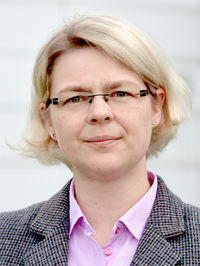
PLENARY 02
Title: The brain on prosody: Linking language, speech, and music
Abstract: For decades, it has been a matter of debate whether and how music, speech and language are linked in the brain. Yet, despite all efforts and ever refined tools and methods, conclusions have remained mixed. In the present talk, I will draw on ideas of a common precursor of both domains—best captured by the term »prosody«. I will discuss whether prosody in its (i) phonological, (ii) syntactic, and (iii) pragmatic functions can build bridges between the two domains and may constitute the missing link that makes anatomical music-language overlap unnecessary and cross-domain interactions possible.
When: July 28th, 2023 @ 09:30
Where: Musical Minds Workshop, University of Konstanz, Room Y311
Recording: Watch on YouTube
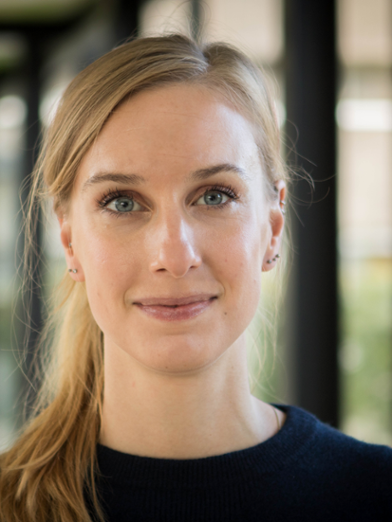
PLENARY 01
Title: Musicality & L2 Prosody: Different measures, different findings(?)
Abstract: One crucial aspect of acquiring a foreign language (L2) for effective communication with native speakers (L1) is mastering prosody, which encompasses stress, rhythm, and intonation. While learners often focus on practicing individual L2 phonemes, they typically receive minimal instruction on the form and function of prosodic features in their L2, such as using pitch accents to reflect discourse focus. Research indicates that both producing and perceiving L2 prosody is often hindered by the transfer of prosodic patterns from L1 to L2, and even proficient L2 learners frequently make prosodic errors. The musicality of a speaker is known to be a factor influencing language acquisition, and it may be particularly relevant in relation to L2 prosody acquisition as both music and prosody share a melodic and rhythmic nature. However, there is much that remains to be studied when in comes to the relationship between musicality and L2 prosody acquisition. In this presentation, I will discuss various studies that operationalized musicality in different ways (e.g., through aptitude or training) and examine the effects of musicality on the acquisition of prosodic features in the L2.
When: July 27th, 2024 @ 09:30
Where: Musical Minds Workshop, University of Konstanz, Room Y311
Recording: Watch on YouTube
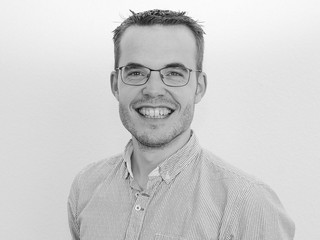
WORKSHOP 06
Dr Constantijn Kaland
Post-doctoral Researcher (University of Cologne)
Title: Cluster Analysis on f0 contours
Abstract: In this workshop you will learn to apply cluster analysis to f0 contours. This analysis is particularly useful when applied in early stages of language research, i.e. when little to no knowledge about the intonation of the language is available. The method has several advantages over traditional approaches; such as its reproducibility, representativeness, inclusivity and reliability. Although the aim to come to phonological descriptions of intonation is advanced to a great extent, there are still several challenges in the application of this method.The workshop structure will reflect the workflow proposed for contour clustering, covering the following order of topics: measuring f0, preparing contours for analysis, data cleaning, performing cluster analysis, evaluating the output, interpreting the results.
When: November 9th & 10th, 2023
Where: LingLab (Online)
Materials: OSF | Contour Clustering
Recording: Day 1 (YouTube) | Day 2 (YouTube)

WORKSHOP 05
Dr Michele Gubian
Data Scientist, Institut für Phonetik und Sprachverarbeitung (IPS)
Title: Modelling multi-dimensional (speech-related) time-varying contours
Abstract: This workshop introduces functional PCA and landmark registration, two techniques that enable to perform effective statistical analysis of time-varying contours originating from acoustic or articulatory measurements of speech production, like f0, intensity, formants, EMA contours. These techniques, combined with linear (mixed-effects) regression, provide solutions to two problems that affect the statistical analysis of such type of time-varying contours. One is that it is not straightforward to model multiple contours jointly, e.g. formants F1 and F2 together, or EMA-captured tongue tip and dorsum trajectories. The other is that modelling methods such as GAMs do not offer ways to incorporate information about the location of segmental or syllabic boundaries, which vary across contours. However, such information is crucial to (i) anchor contour shapes to the underlying segmental material and (ii) capture co-variation of contour shapes and segmental durations.
Pre-requisites: Basic knowledge of R and tidyverse, as well as linear regression is required, optionally GAMs.
When: September 25th & 26th, 2023
Where: LingLab (Online)
Recording: Day 1 (YouTube) | Day 2 (YouTube)
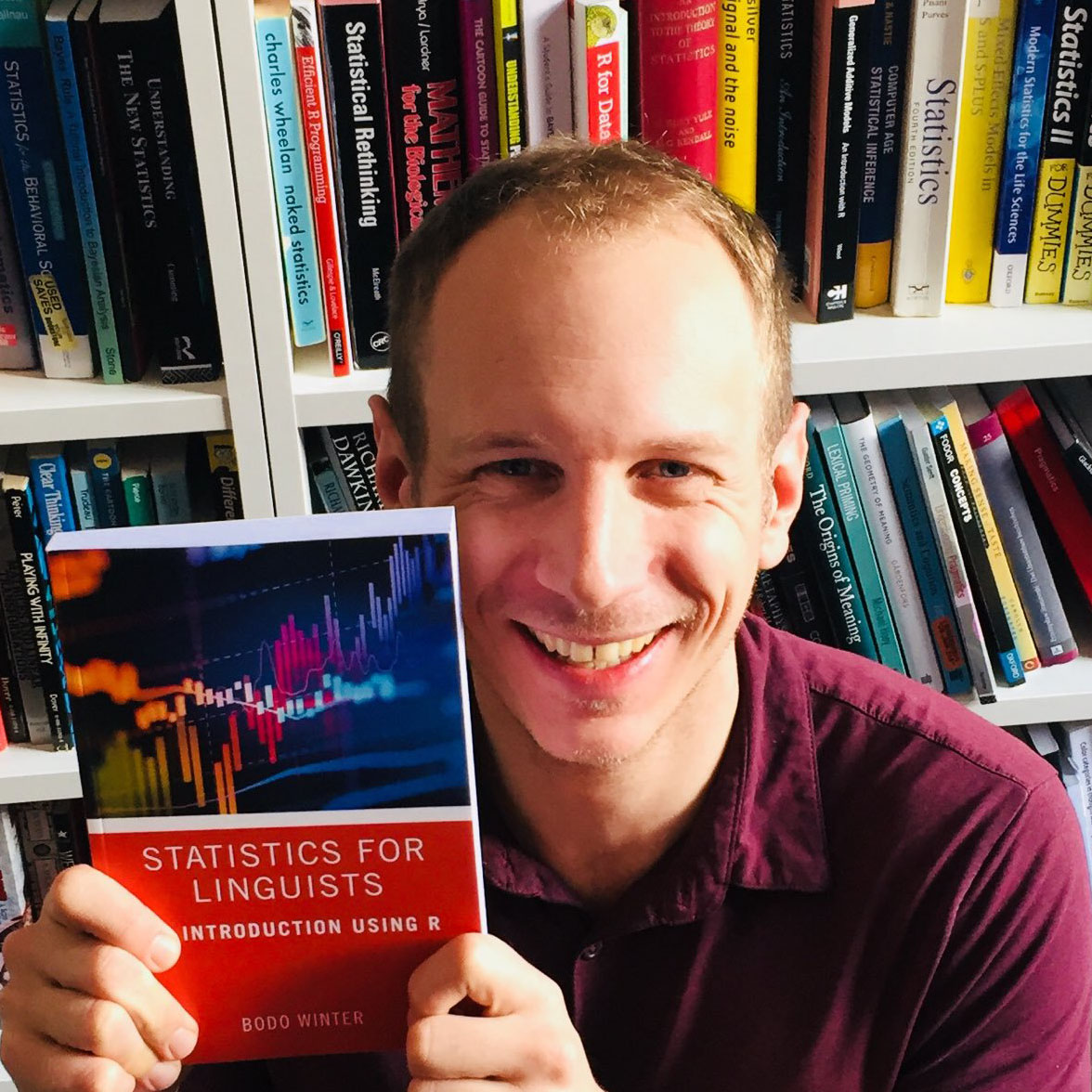
Workshop 04
Dr Bodo Winter
Title: Data visualisation in ggplo2 for linguists
Abstract: The R package ggplot2 has become the lingua franca of data visualization in recent years, and data visualization is increasingly recognized as a crucial piece of data analysis, including in linguistics. This ggplot2 workshop provides hands-on guided exercises in which we will explore how to make beautiful and effective data visualizations of linguistic data. Importantly, attendees will learn about design principles that are evidence-based, building on existing research on the psychology of graph comprehension. This way, attendees will come home not only with an in-depth understanding of ggplot2, but also with a clear idea about how to approach data visualization problems that is in line with what we know actually works.
When: September 5th, 2023 (12-4 pm)
Where: LingLabs (Online)
Recording: YouTube
Materials: OSF

WORKSHOP 03
Dr Stefano Coretta
Senior Teaching Coordinator (Statistics) at the University of Edimburgh
Intro to Bayesian for Speech and Language Scientists
This workshop will introduce Bayesian inference for the quantification of phonetic data using a unified framework of statistical modelling using linear models. Until recently, Bayesian modelling was technically involved and computationally expensive. These challenges have now been overcome, making Bayesian inference conceptually, technically, and computationally feasible for researchers across disciplines. Furthermore, Bayesian inference more directly answers research questions typically asked in the speech sciences, compared to traditional Null Hypothesis Significance Testing, by quantifying magnitude and uncertainty of estimates of interest. A brief conceptual introduction will be followed by a walk through of a Bayesian statistical analysis using R and the package brms (Bürkner 2017). We will explain how to set up a Bayesian regression model (including setting appropriate priors), how to interpret the results inferentially, how to conduct model checks, and how to visualize and report the results. In hands-on exercises, the participants will immediately apply their knowledge to real data sets in R.
Date: October 25th and 26th, 2022
Where: Online
Download Workshop Material: GitHub
Recordings: Day 1 | Day 2

WORKSHOP 02
Dr Christopher Carignan
Lecturer in Speech Science @ University College London
Digital Signal Processing in R
In phonetics and speech science research, the R programming environment is commonly used for data wrangling and performing a vast array of statistical analyses. However, given the focus on using the R language for statistical modeling, it is not often used as an environment for primary data analysis. A typical workflow might consist of analyzing data in another language such as MATLAB, Python, or Praat and importing the processed data into R for statistical treatment. In this two-day workshop, you will learn how R can be used as an environment for primary analysis of a variety of data related to speech production, including speech acoustics, articulatory kinematics, and vocal tract imaging. This workshop is designed for participants who have some degree of experience in R and will therefore assume a basic level of knowledge of the R language.
Date: June 8th & 9th, 2-4 pm CET
Where: Konstanz (Online)
Recordings: Day 1 | Day 2
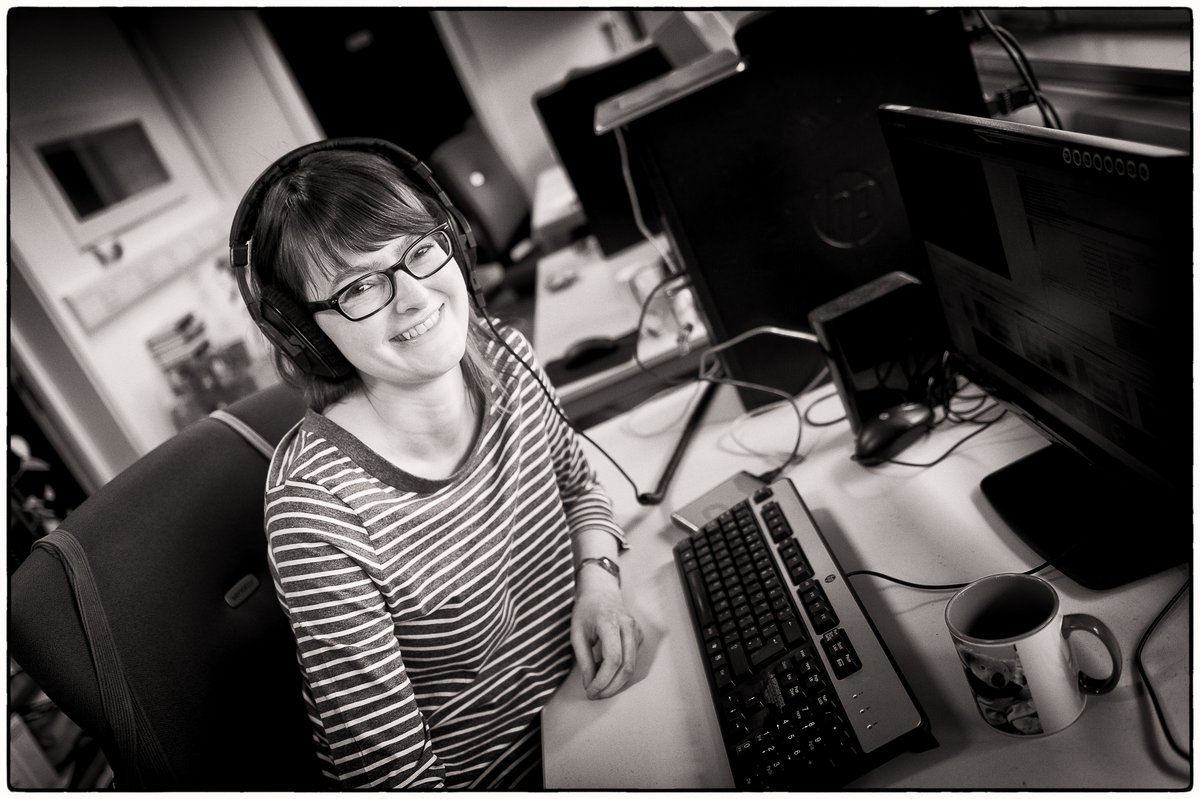
WORKSHOP 01
Dr Patrycja Strycharczuk
Senior Lecturer in Linguistics & Quantitative Methods @ The University of Manchester
Forced alignment for speech research
This workshop will be an introduction to forced alignment, an automated procedure for phonetic segmentation of speech, which uses orthographic transcription as input. Forced alignment substantially speeds up the processing of sound files for analysis, and in some cases, it can be used to fully automate aspects of phonetic analysis. In the workshop, I will introduce several web-based forced alignment services, and provide hands-on training on how to use them. This approach does not require advanced computer skills. The workshop is intended for researchers who have no experience with forced alignment and who would like to use it for acoustic analysis. It will be introductory and therefore accessible for undergraduate students.
Date: 28th Feb / Mar 1st 2022
Where: Konstanz (Online)
Download Workshop Material: Here
Video Recordings (YouTube): Day 1 | Day 2
